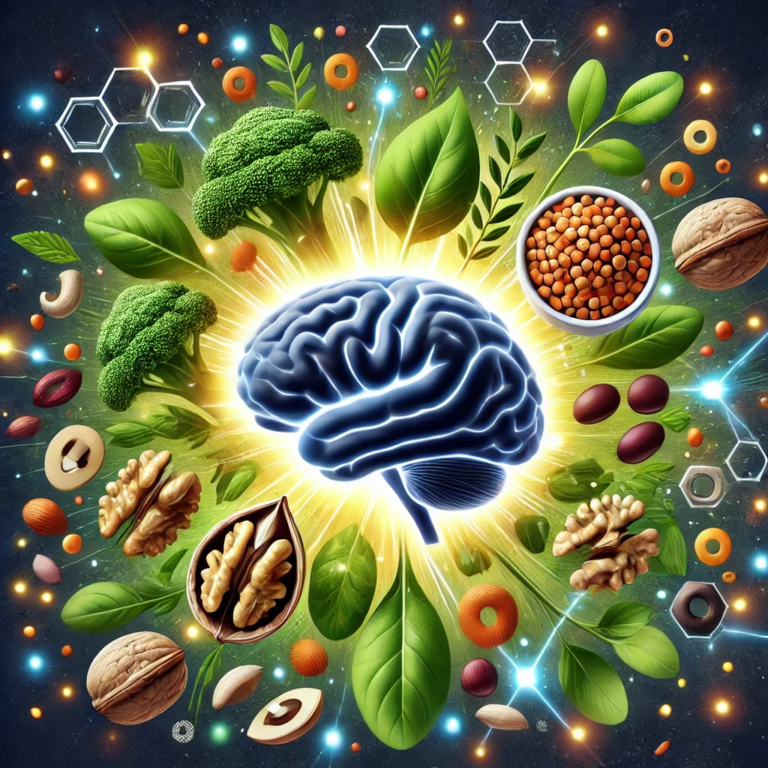Recap: Thriving on a Plant-Based Diet
If y’all have been following this series, we’ve already tackled one of the biggest misconceptions about plant-based eating: the protein myth. In Part 4, we broke down how lentils, tofu, chickpeas, and even vegetables provide plenty of protein—so getting enough shouldn’t be a concern.
In Part 5, we talked about something just as important: getting the right vitamins and minerals to thrive. Some key nutrients—like B12, Omega-3s, and iron—are harder to get from plants alone. That doesn’t mean a plant-based diet is lacking; it just means we have to be intentional about where we get these nutrients.
We covered:
![]() The 7 essential vitamins and minerals every plant-based eater should focus on
The 7 essential vitamins and minerals every plant-based eater should focus on
![]() How to get them from whole foods and fortified plant-based options
How to get them from whole foods and fortified plant-based options
![]() The best vegan supplements to help fill any gaps
The best vegan supplements to help fill any gaps
The takeaway? A plant-based diet can absolutely support optimal health—as long as you’re making informed choices.
But physical health is just one piece of the puzzle. What about mental health?
That’s exactly what we’re diving into today. If you’ve ever felt anxious, moody, or mentally drained, what you eat could be playing a bigger role than you realize. Let’s explore how a plant-based diet can boost your mental well-being and help you feel your best—inside and out.
How a Plant-Based Diet Changed My Mental Health
A few years ago, I found myself in a cycle I couldn’t break—constant exhaustion, mood swings, and brain fog that made even the simplest tasks feel overwhelming. I chalked it up to stress, lack of sleep, and just being a busy mom. But deep down, I knew something wasn’t right.
I tried everything—more sleep, less caffeine, journaling, you name it. But no matter what I did, I still felt like I was dragging myself through the day, mentally and emotionally drained.
Then one day, I stumbled upon a study about how food affects mental health. The idea that what I was eating could be contributing to my anxiety, lack of focus, and low energy intrigued me. I had already been eating plant-based for a while but hadn’t been truly intentional about fueling my body with whole, nutrient-dense foods.
So, I decided to make a change. I started focusing on:
![]() Anti-inflammatory foods that support brain health
Anti-inflammatory foods that support brain health
![]() Gut-friendly fiber to boost serotonin production
Gut-friendly fiber to boost serotonin production
![]() Key vitamins and minerals for mental clarity and focus
Key vitamins and minerals for mental clarity and focus
Within weeks, I noticed a difference. My energy levels stabilized, my mood swings decreased, and the mental fog lifted. I felt more present, more engaged, and honestly…happier. That’s when I realized—what we eat isn’t just about our physical health; it’s about our mental and emotional well-being too.
If you’ve been struggling with your mood, anxiety, or overall mental clarity, the answer might be on your plate.
7 Ways a Plant-Based Diet Can Improve Your Mental Health
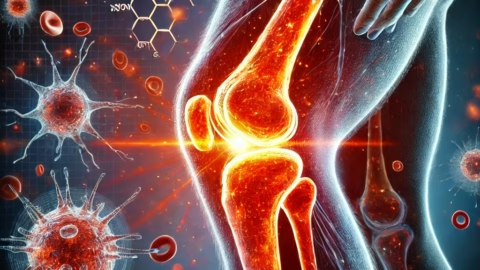
1. Reduces Inflammation That Contributes to Mood Disorders
Chronic inflammation has been linked to depression, anxiety, and cognitive decline. Many processed and animal-based foods contribute to inflammation, whereas whole plant foods contain antioxidants and anti-inflammatory compounds that help protect the brain.
Best Anti-Inflammatory Plant Foods:
- Berries (blueberries, strawberries, raspberries)
- Leafy greens (spinach, kale, Swiss chard)
- Turmeric (with black pepper for better absorption)
- Nuts and seeds (flaxseeds, walnuts, chia seeds)
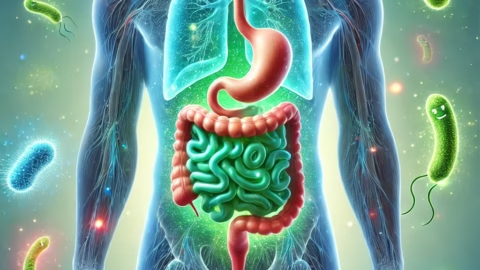
2. Supports Gut Health for Better Mood Regulation
The gut is often called the “second brain” because it produces about 90% of the body’s serotonin—the neurotransmitter responsible for feelings of happiness. A diet rich in plant-based fiber promotes a healthy gut microbiome, which in turn supports emotional well-being.
Best Fiber-Rich Plant Foods for Gut Health:
- Lentils and chickpeas
- Whole grains (quinoa, oats, brown rice)
- Fermented foods (kimchi, sauerkraut, tempeh)
- Bananas and apples

3. Provides Essential Nutrients for Brain Function
A plant-based diet supplies essential nutrients that support cognitive function and emotional stability.
- Omega-3 fatty acids (from flaxseeds, walnuts, chia seeds) help reduce depression and support brain cell communication.
- B vitamins (found in nutritional yeast, legumes, and fortified cereals) are essential for neurotransmitter production and energy levels.
- Magnesium (found in pumpkin seeds, almonds, and dark leafy greens) helps regulate stress and anxiety.

4. Boosts Dopamine and Serotonin Production
Dopamine and serotonin are neurotransmitters that control mood, motivation, and pleasure. Many plant-based foods contain precursors that help the body naturally produce these mood-boosting chemicals.
Best Plant Foods for Neurotransmitter Support:
- Bananas (contain tryptophan, a serotonin precursor)
- Dark chocolate (boosts dopamine and endorphins)
- Pumpkin seeds (rich in magnesium and zinc, which help dopamine production)
- Avocados (contain healthy fats that support brain function)
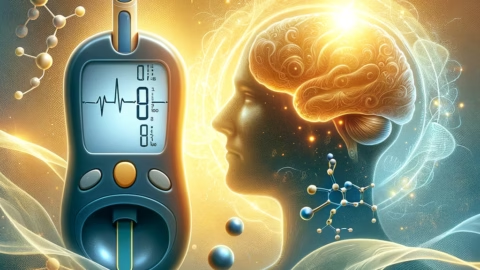
5. Helps Regulate Blood Sugar to Prevent Mood Swings
Unstable blood sugar levels can lead to mood swings, irritability, and fatigue. A plant-based diet rich in whole foods helps stabilize blood sugar for sustained energy and emotional balance.
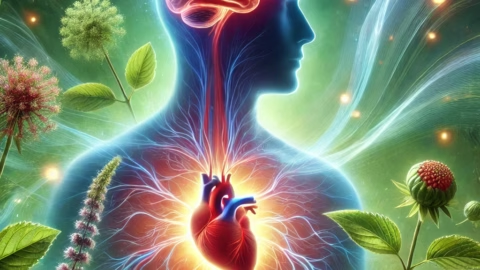
6. Reduces Stress and Anxiety with Adaptogenic Herbs
Certain plant-based herbs, known as adaptogens, help the body adapt to stress and regulate cortisol levels.
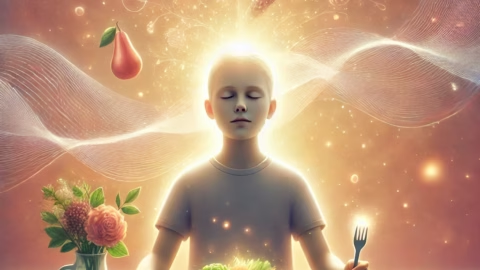
7. Encourages Mindful Eating and Emotional Connection to Food
Many people who adopt a plant-based diet become more mindful of what they eat.This awareness helps individuals develop a healthier relationship with food, reducing emotional eating, guilt, and stress.
So, Can a Plant-Based Diet Improve Mental Health?
By reducing inflammation, supporting gut health, stabilizing blood sugar, and providing essential brain-boosting nutrients, a well-balanced plant-based diet can help improve mood, reduce anxiety, and enhance cognitive function.
Are y’all interested in learning more about how food affects your mood? Subscribe to my newsletter for plant-based recipes, health tips, and inspiration for your wellness journey!
Looking for more ways to ease into a plant-based lifestyle? Check out my Guide on How to Ease into Being a Vegan/Vegetarian for tips on making the transition easier!
Let’s keep the conversation going—what are y’all’s favorite mood-boosting plant-based foods? Drop them in the comments!

